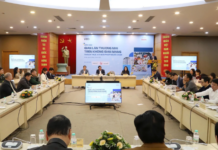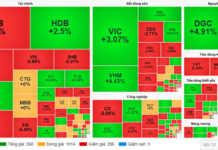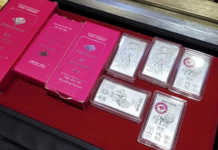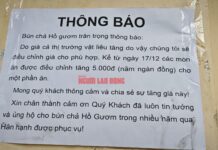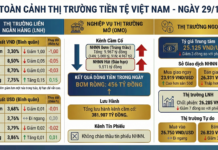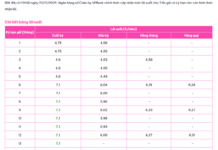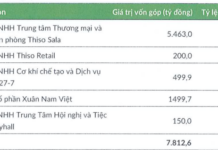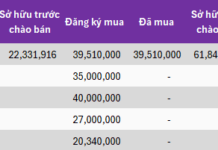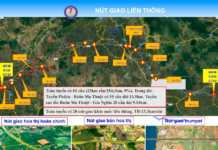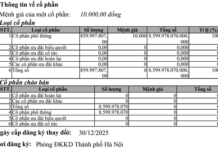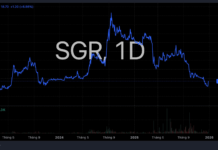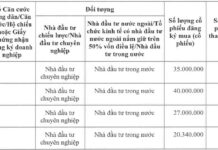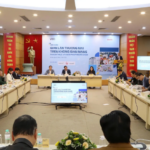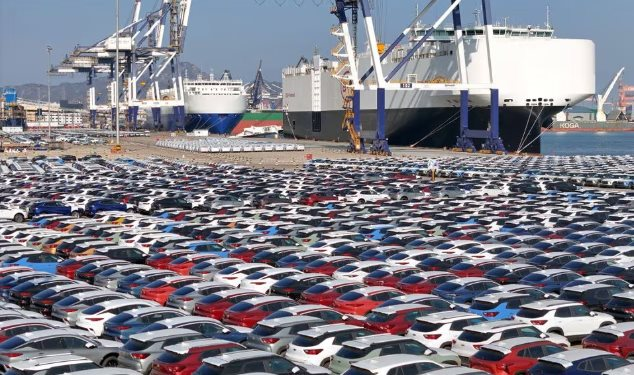
Illustrative image
According to WSJ, Chinese car manufacturer BYD is targeting Mexico to penetrate the North American market in its global expansion effort. Specifically, the automaker based in Shenzhen is looking for locations in Mexico to set up a factory, from which they will consider exporting cars to the US. Producing cars in Mexico for the US would allow automakers to avoid large import tariffs if they were to ship them directly from China.
Other car brands have continuously warned about the potential threat from China and believe that the US government needs to take action to counter such competition. They are concerned about the significant cost advantages that Chinese electric vehicle competitors enjoy.
According to stock market filings, at least dozens of Chinese electric car component suppliers have announced new factories or additions to their existing investments in Mexico in recent years. These parts makers are responding to the US-Mexico-Canada trade agreement aimed at encouraging North American automakers to use locally sourced inputs.
Mexico benefits from its proximity to the US, relatively low labor costs, and opportunities to leverage low or zero taxes on vehicles manufactured in Mexico. People familiar with BYD’s plans said some of the locations they are exploring are close to the US border.
Currently, Chinese-made electric vehicles face a 27.5% tariff when imported into the US. The standard 2.5% tariff typically applies to imported cars, plus an additional 25% tariff slapped on cars made in China, which was introduced by the Trump administration in 2014.
The Wall Street Journal reports that the Biden administration is debating whether to increase taxes on Chinese-made electric vehicles and has also restricted the ability to receive a $7,500 consumer subsidy for cars powered by the batteries made by Chinese companies.
In contrast, vehicles produced at a Chinese-owned plant in Mexico can qualify for a low 2.5% tariff when entering the US. These vehicles may even be exempt from tariffs if they meet strict requirements for domestic production rates under the US-Canada-Mexico Agreement, which was passed in 2020.
Executives at Toyota in North America estimated in an internal memo last autumn that Chinese firms have a cost advantage of 25% to 30% over global competitors when producing electric vehicles—more than enough to overcome the US’s small tariffs. The memo said that if the US government pushes for the widespread adoption of electric vehicles too quickly, it will be an open invitation for Chinese electric car companies including BYD, Geely, and NIO to “run amok” in the US market.
Stella Li, a top executive at BYD, visited Mexico City last month to discuss the automaker’s expansion plans in Mexico with local officials, the country’s economy ministry said. BYD has recently appointed Jorge Vallejo, who previously worked for Nissan and Mitsubishi in Mexico, as its director general for the brand in the country.
According to WSJ

